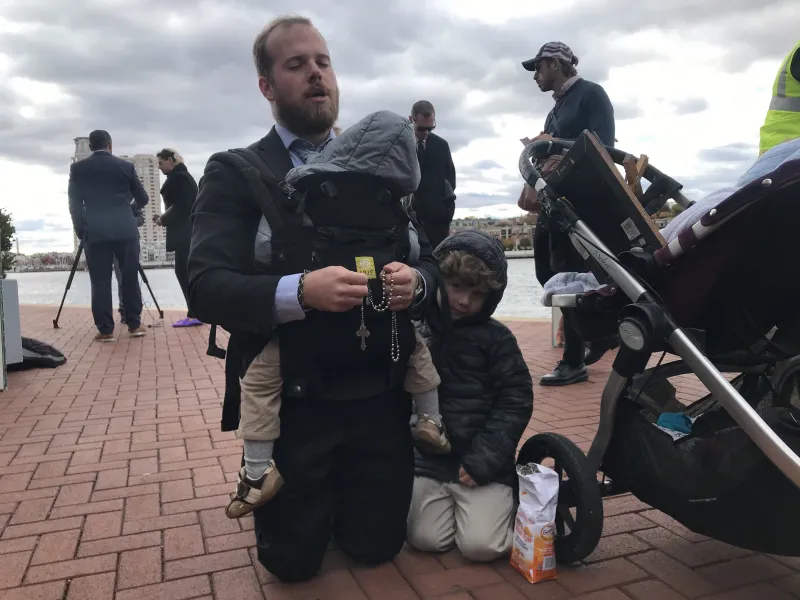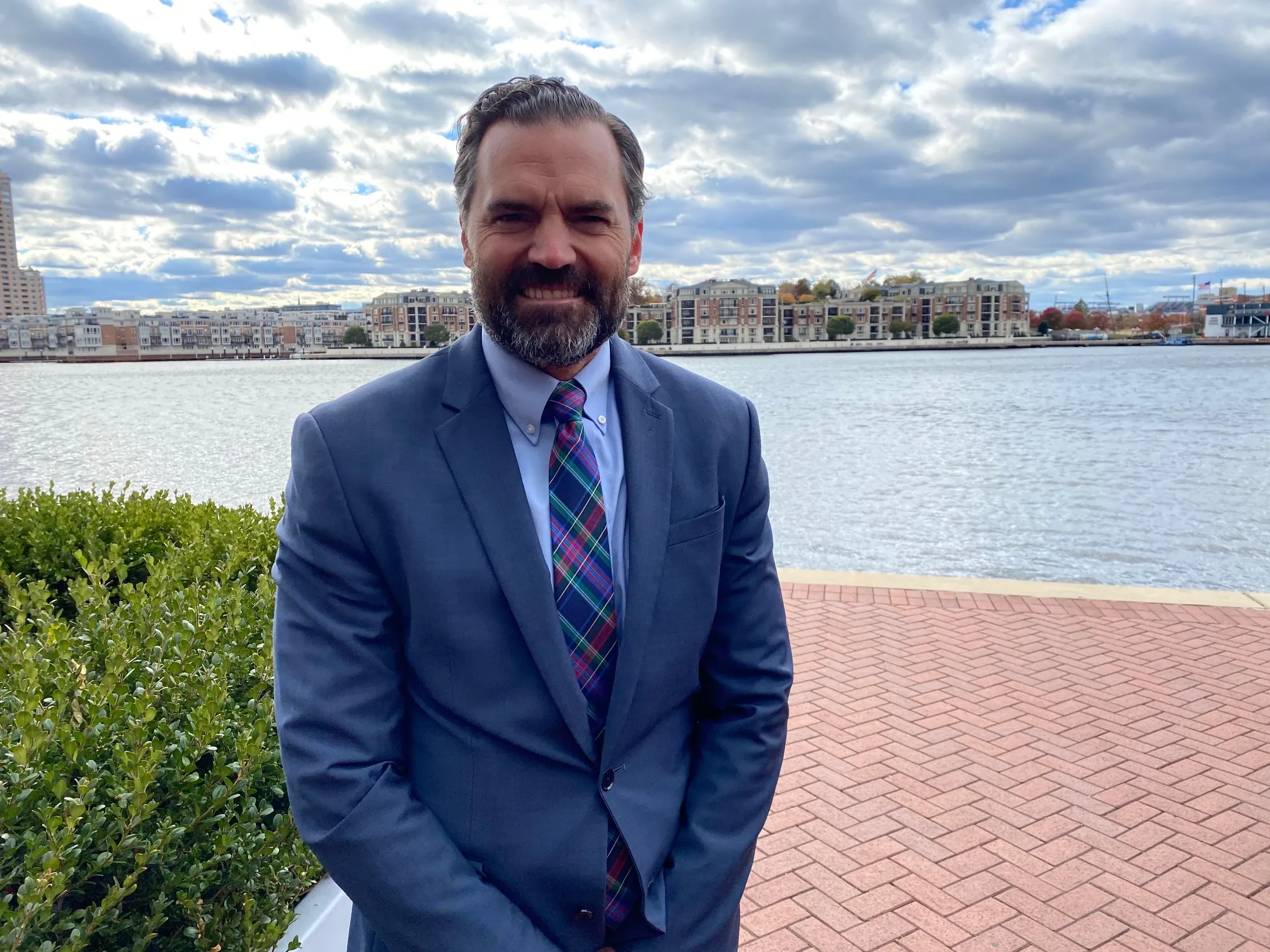 Alasdair MacIntyre, March 2009. / Sean O’Connor/Flickr via Wikimedia (CC BY 2.0).
Alasdair MacIntyre, March 2009. / Sean O’Connor/Flickr via Wikimedia (CC BY 2.0).
Denver Newsroom, Nov 14, 2021 / 12:00 pm (CNA).
Famed ethicist Alasdair MacIntyre called upon academia and other Catholics and intellectuals, to invest in the “expensive conversation” about justice, and to sharpen their understanding of what constitutes human dignity.
MacIntyre, whose teaching career spans 70 years and includes some of the most important books on virtue ethics such as “After Virtue” and “Dependent Rational Animal,” gave a reflection entitled “Human Dignity: A Puzzling and Possibly Dangerous Idea?” at the University of Notre Dame’s de Nicola Fall Conference Nov. 12.
During the presentation, he argued that the modern term “human dignity” is doing the work that justice should be doing and that the current definition of human dignity and its implications have puzzling limitations.
He posed the question of whether or not Hitler has human dignity— and if he does, what is he afforded by it? Can human dignity never be lost, MacIntyre asked.
He analyzed the limits of the modern conception of human dignity, which differs starkly from the Thomistic understandings of “dignitas” advanced by the Belgian Thomist Charles De Koninck. According to this view, which MacIntyre asserted was a more accurate understanding of the term, human beings have dignity in virtue of what they can become–not because of the simple fact that they are persons.
Accordingly, this means that human beings can also lose their dignity through sin. “A bad human being is worse than a bad animal,” he said.
It also means that in order to live a dignified life, in addition to having access to basic needs such as food, clothing, and shelter, human beings must be given the chance to exercise virtues which ennoble their nature and bring it to its highest level of flourishing, MacIntyre said, adding that this requires a social restoration of the common good.
MacIntyre critiqued pervasive individualist ethics, which often focus on negative prohibitions rather than the common good. He gave the example of a state that outlaws slavery, but does nothing other than allow them to live in “miserable freedom.” The elimination of evil did not ennoble the former slaves in the way it should, he argued, which is a problem of conceptualizing and seeking the common good.
“One cannot have a care for human dignitas if we ascribe to political and social individualism,” he decried.
MacIntyre also argued that a state that outlaws abortion, but then fails to provide basic medical and maternity care as well as economic provisions, exemplifies this same individualist ethos centered on eliminating negative prohibitions but not aimed at achieving the common good.
His remarks come as the Supreme Court prepares to hear oral arguments in one of the most significant challenges to Roe v. Wade since its inception— Dobbs vs. Jackson Women’s Health Organization. Many believe Dobbs will overturn Roe.
During a Q&A Nov. 12, several participants questioned MacIntyre’s assertion that human dignity be recognized in its potential form rather than by virtue of the fact that a human being is a human being, citing concerns for the implications on moral arguments against embryonic stem cell research.
MacIntyre responded that too many are attempting to make the modern term human dignity— widely used in United Nations documents and constitutions in the post-war period because it allowed fighting political, religious, and philosophical factions to bridge unsurmountable gaps because of its lack of definition— to do the work that properly belongs to understanding the virtue of justice.
Justice, which Aristotle defines as rendering to another person his due, is where answers to questions of embryonic stem cell research and torture properly belong, MacIntyre said. He said the dignity of an embryo, or of Hitler, lies in his or her potential and urged the attendees to have “expensive conversations” about the question “what is justice?” so they can better articulate what is owed to human beings.
MacIntyre has often written about the loss of moral vocabulary and vision in today’s world. The philosopher considers this to be one of the biggest obstacles to allowing human beings to flourish, since the path to happiness through virtue is largely unknown.
This was MacIntyre’s 20th contribution to the de Nicola Fall Conference on Ethics.
[…]







